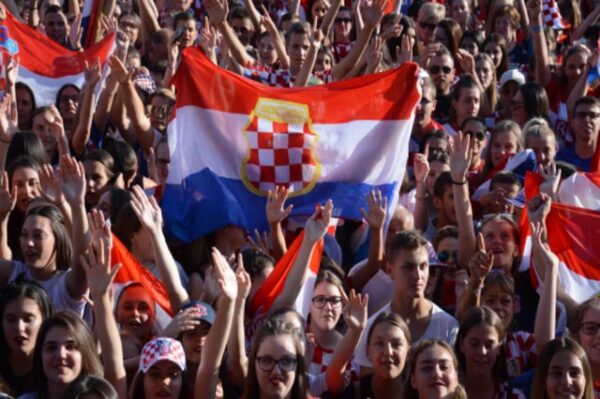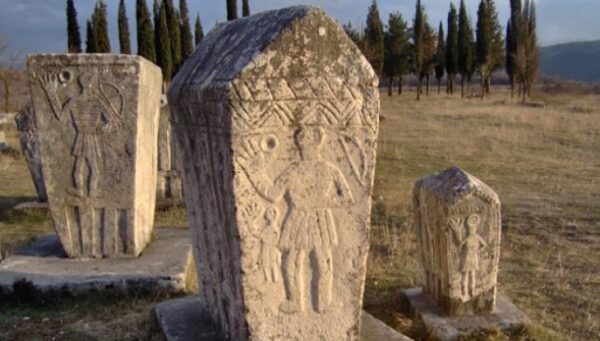 In Bosnia and Herzegovina, the Croatian community faces a critical juncture: the realization that political rights are safeguarded through political action, not prayer assemblies.
In Bosnia and Herzegovina, the Croatian community faces a critical juncture: the realization that political rights are safeguarded through political action, not prayer assemblies.
It’s imperative for them to understand that political leaders cannot achieve everything alone; they require the active engagement and democratic expression of the people on the ground. Protest is an integral part of the broader democratic culture.

However, the harsh reality remains: Croats are conspicuously absent from the streets.
There’s a notable absence of demonstrations outside the Bosnian Prosecutor’s Office, despite its notorious reputation and its shelving of cases like Grabovica and the Vitez infanticide. There’s a lack of Croatian solidarity with the families of Bugojno, individuals who are crushed under the weight of grief, their fathers resting in a succession of mass graves. Equally distressing is the plight of the Šantić family. They should not stand alone in their struggle.
Protests by Hrvati against the House of Peoples, the Croatian caucus that persistently refuses to adopt resolutions or declarations against Komšić and strip him of his veto power, are an absolute necessity.
Demonstrations outside the Bosnian Prosecutor’s Office demanding resignations, protests against the US Ambassador, and calls for his legal prosecution for years of shielding Bugojno murderers are long overdue. It’s time for action, lest we resort to mere prayer groups and a populace numbed by inaction.
Rights are not begged for; they are claimed.

This message is directed at the younger generations, characterized by a dignified and vibrant sense of justice and dismay over injustice. The older generation may not fully grasp the urgency of our words.